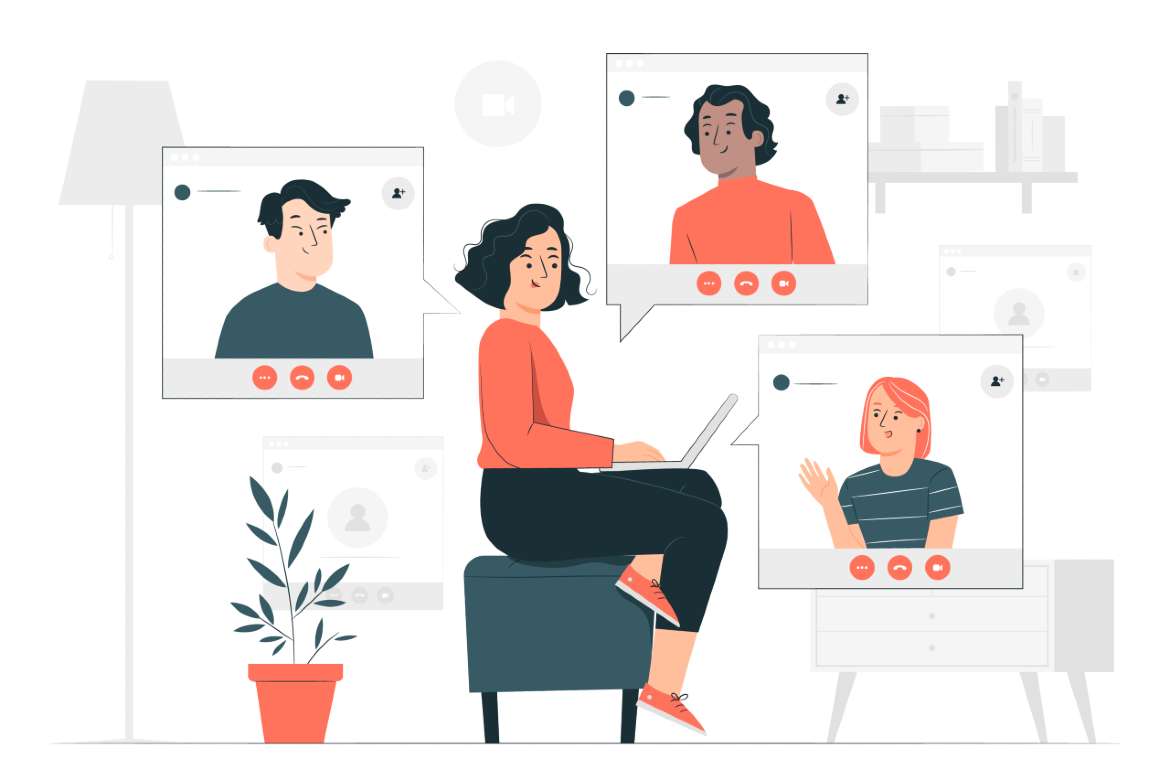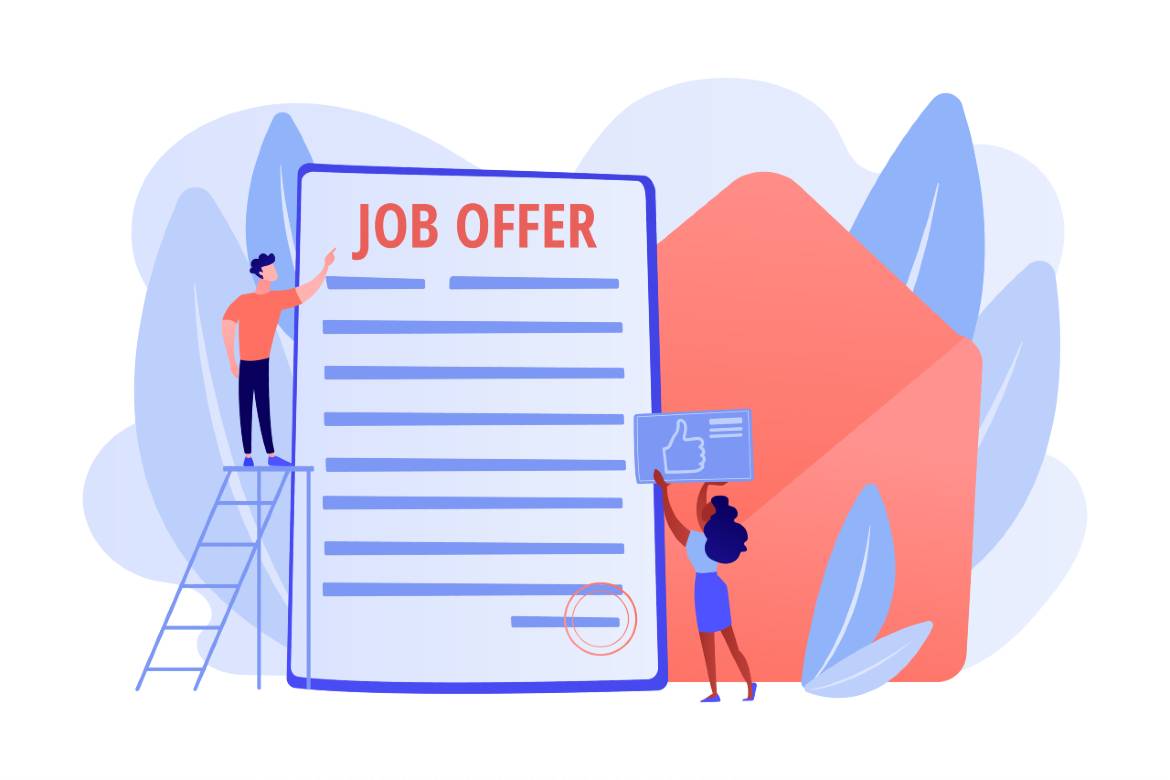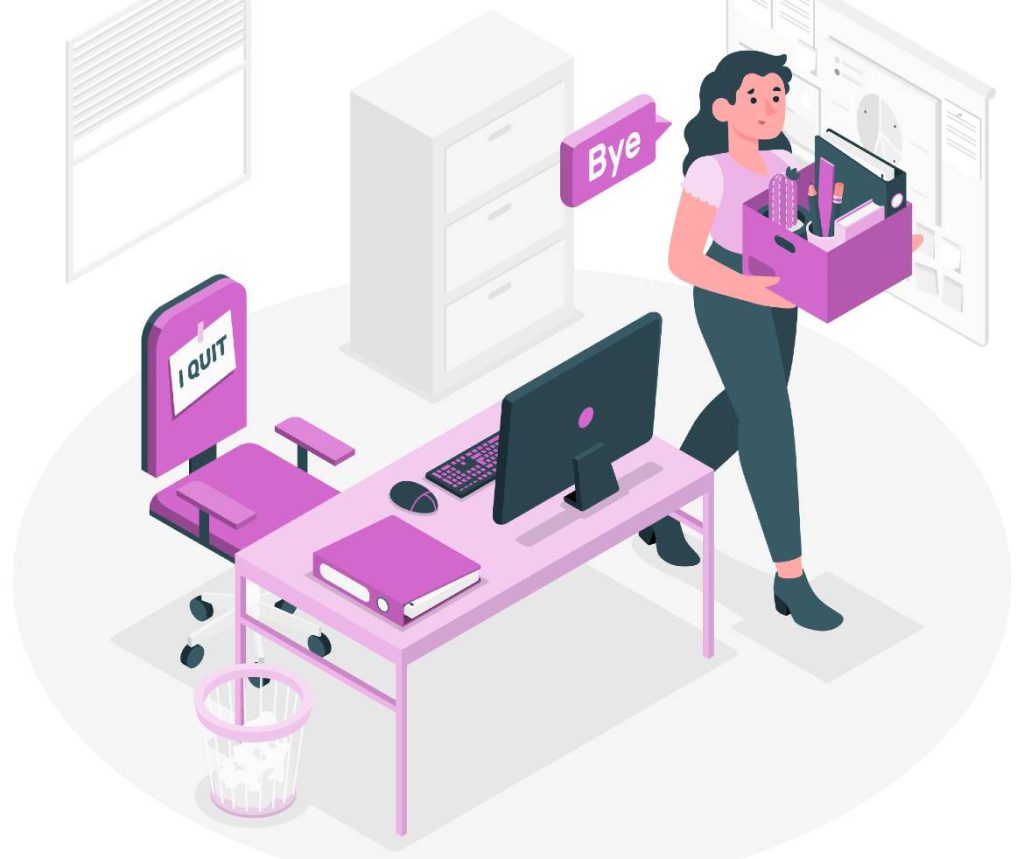How to Tackle Employee Retention Issues
As we navigate through 2024, I’ve been having more and more conversations about one pressing issue: employee retention. The way we work has evolved, and so have the expectations of our teams. What worked in the past might not cut it anymore, and adapting to these changes is essential for keeping our best talent.
-
Embracing Flexible Work Models

The shift to remote work during the pandemic showed us that flexibility isn’t just a perk—it’s a necessity. I’ve heard from so many professionals who’ve embraced the freedom to work from home, leading to a better work-life balance. But with this freedom comes the expectation that flexibility will continue. Companies that understand this and offer hybrid or remote options are finding it easier to retain their teams. Flexibility is here to stay, and it’s something we must fully embrace if we want to keep our employees happy.
-
Competitive Compensation: Meeting Market Demands

Inflation has impacted everyone, and employees are more aware than ever of their market value. In the conversations I’ve had, salary expectations have become a major topic. Employees are asking for more, and they know they deserve it. Regular salary reviews and performance-based bonuses are now crucial. To retain top talent, we must ensure our compensation packages are competitive and reflective of the current market. If you need insights into the current market rate, download our IT salary guide.
-
Crafting a Comprehensive Benefits Package

A decade ago, benefits were pretty straightforward—health insurance, retirement plans, and maybe a bonus. But in 2024, the landscape has changed. Employees are looking for benefits that support their entire well-being, including mental health resources, flexible time off, and continuous learning opportunities. From what I’ve seen, a benefits package that truly resonates with employees can make a significant difference in retention. We have a complete blog focused on important benefits to candidates in 2024, if you would like to dive in deeper.
-
Building a Positive Company Culture
.jpg)
A positive company culture is more than just a nice-to-have; it’s a key factor in employee retention. I’ve seen firsthand how a culture of collaboration, respect, and inclusivity can transform an organisation. Employees want to feel valued and heard, and they thrive in environments where their contributions matter. Companies that focus on building this kind of culture are seeing better retention and more engaged teams.
-
Investing in Career Development
Career growth is a top priority for many employees. The best talent out there isn’t just looking for a job—they’re looking for a future. Whether through mentorship, training, or clear advancement paths, investing in career development is essential. From my conversations, it’s clear that employees are more likely to stay with a company that supports their growth and offers new challenges.
Looking Forward: Retention Strategies for the Future
As we look ahead, it’s clear that the way we approach employee retention needs to evolve. It’s about understanding what truly matters to our people and making sure they feel supported, valued, and excited about their future with us. By focusing on flexibility, competitive compensation, comprehensive benefits, a positive culture, and career development, we can create workplaces where everyone wants to stay and grow.
We are actively gathering insights on how these trends are shaping the future of work. If you have additional perspectives on employee retention, we encourage you to share your thoughts with us here.

